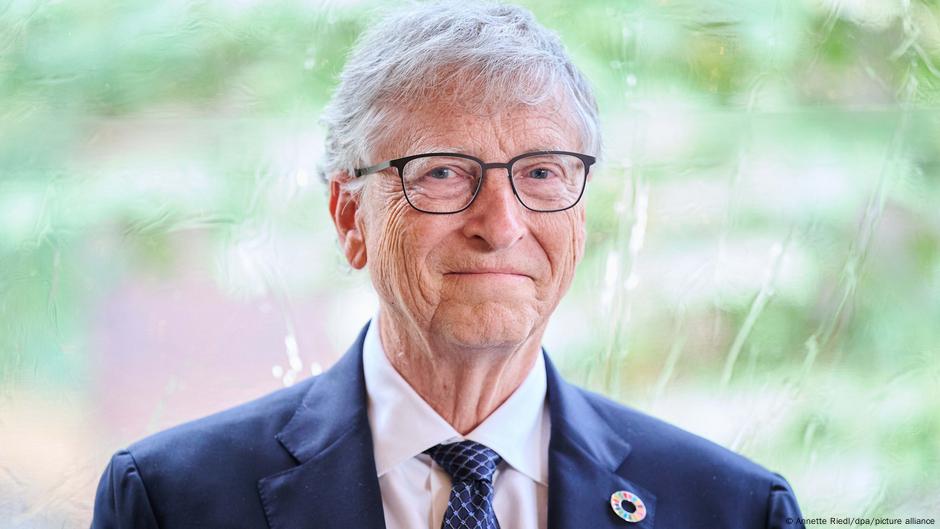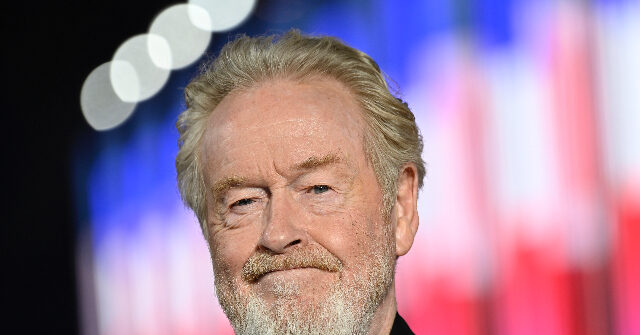In an interview with The New York Times earlier this week, Microsoft co-founder and philanthropist Bill Gates called to the US development aid organization USAID “stunning.”
Gates predicted the cuts, led by tech billionaire , would likely lead to an increase of childhood deaths in poor countries “from 5 million to 6 million” in the next few years, rather than what should have been a reduction from 5 million to 4 million.
Whether Musk might go on to be a great philanthropist, as he has previously pledged, remains to be seen, Gates said. “In the meantime, the world’s richest man has been involved in the deaths of the world’s poorest children,” he told the paper, referring to Musk’s orchestration of the massive cuts to foreign aid under the second administration of US President .
In response, Musk defended himself on his social media platform , writing: “Gates is a huge liar.”
‘Too many urgent problems’
The New York Times interview coincided with the announcement this week by the Gates Foundation that it would give away the multibillionaire’s fortune much more quickly than previously planned.
“There are too many urgent problems to solve for me to hold onto resources that could be used to help people,” Gates wrote on the foundation’s website on Thursday, revealing that he would divest nearly his entire fortune within the next 20 years to improve lives around the world. He hopes to reduce child and maternal mortality, fight diseases such as polio, malaria and measles, and reduce global poverty.
The announcement came on the 25th anniversary of the Gates Foundation. Established by Bill Gates and his ex-wife Melinda, it is largest private foundation in the world. So far, it has donated more than $100 billion (€88.9 billion) to fight poverty and disease worldwide. The foundation now plans to double its giving to another $200 billion (€178 billion) by 2045, after which it will be dissolved.
Where does Gates’ wealth come from?
For many years, Bill Gates was considered to be the richest person in the world. Although he has since been overtaken by tech billionaires such as Jeff Bezos, Mark Zuckerberg and Elon Musk, he still ranks 13th globally on the latest Forbes list of the super-rich, with an estimated fortune of $108 billion (€96 billion).
His wealth stems from co-founding the software giant Microsoft. The company’s IPO in 1986 made Gates a multimillionaire, and his fortune has continued to expand ever since. Gates has gradually diversified his assets, incrementally divesting Microsoft shares until he is now said to own less than just 1%.
The Seattle-born entrepreneur has stakes in various other business endeavors through his holding company Cascade Investment, including waste disposal company Republic Services, tractor manufacturer Deere & Co, as well as , a company that develops and produces plant-based meat substitutes.
Gates is also the largest private owner of farmland in the United States. And in 2006, he founded TerraPower to develop safer and more efficient . He has invested over a $1 billion (€889 million) in the company, with a pilot project in Wyoming currently under construction to go into operation by 2030.
Many causes worldwide
In 2000, Gates and his then wife Melinda established the Gates Foundation, into which the majority of his billions in profits flow. Among its various causes, the foundation finances agricultural development aid projects, though not always with success.
In Africa, for example, it has invested almost $1 billion (€889 million) in a program aimed at doubling agricultural yields with the help of chemical fertilizers and hybrid seeds. The goal was to cut hunger and poverty by half in 13 African countries by 2020. But according to a study published in June 2020, the number of people going hungry in the priority countries has actually increased by 30%.
The Gates Foundation also runs educational projects in the US, with the primary aim of helping students from African American and Latin American families to graduate high school and college.
Additionally, the foundation promotes treatment and research in the fight against diseases such as , , and . This commitment led Gates to warn of the dangers of a potential global pandemic years before hit. At a conference in Monterey, California, back in 2015, he said: “If anything kills over 10 million people in the next few decades, it’s most likely to be a highly infectious virus rather than a war — not missiles, but microbes.”
The fact that Gates made his fortune with a software company, is socially engaged and staunchly supports vaccines has also made him the target of numerous conspiracy theories. Gates himself does not contest such accusations. Instead, he is determined to spend 99% of his current fortune on humanitarian causes worldwide.
“People will say a lot of things about me when I die, but I am determined that ‘he died rich’ will not be one of them,” he wrote in his post on Thursday.
This article was originally written in German.
The post Bill Gates pledges to give away his fortune by 2045 appeared first on Deutsche Welle.




